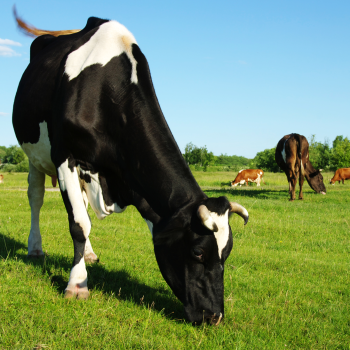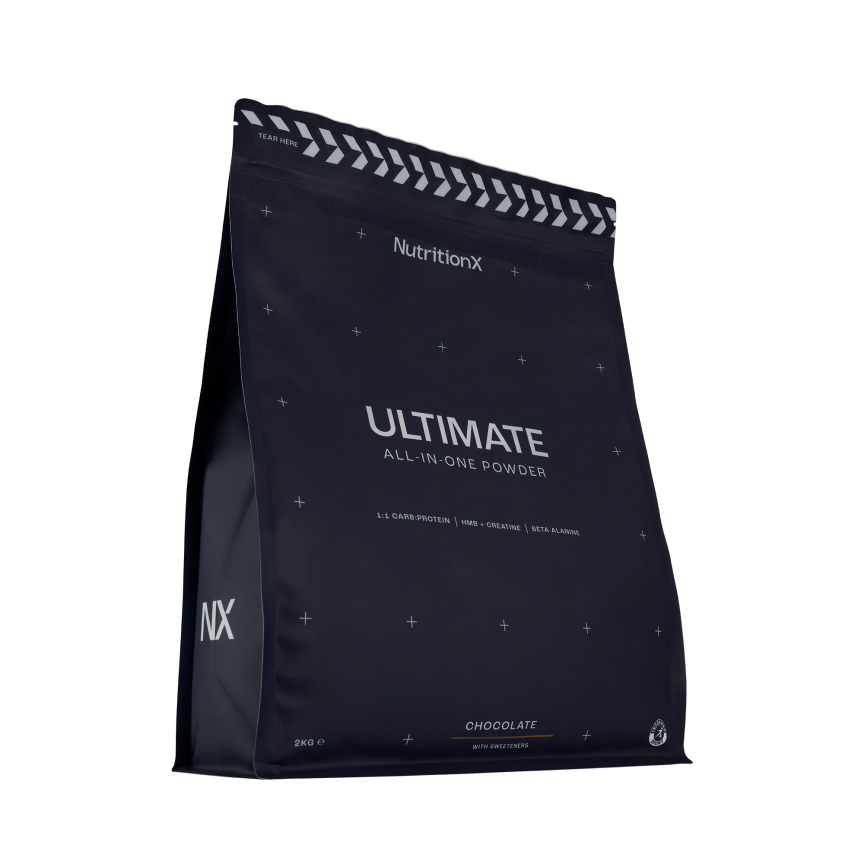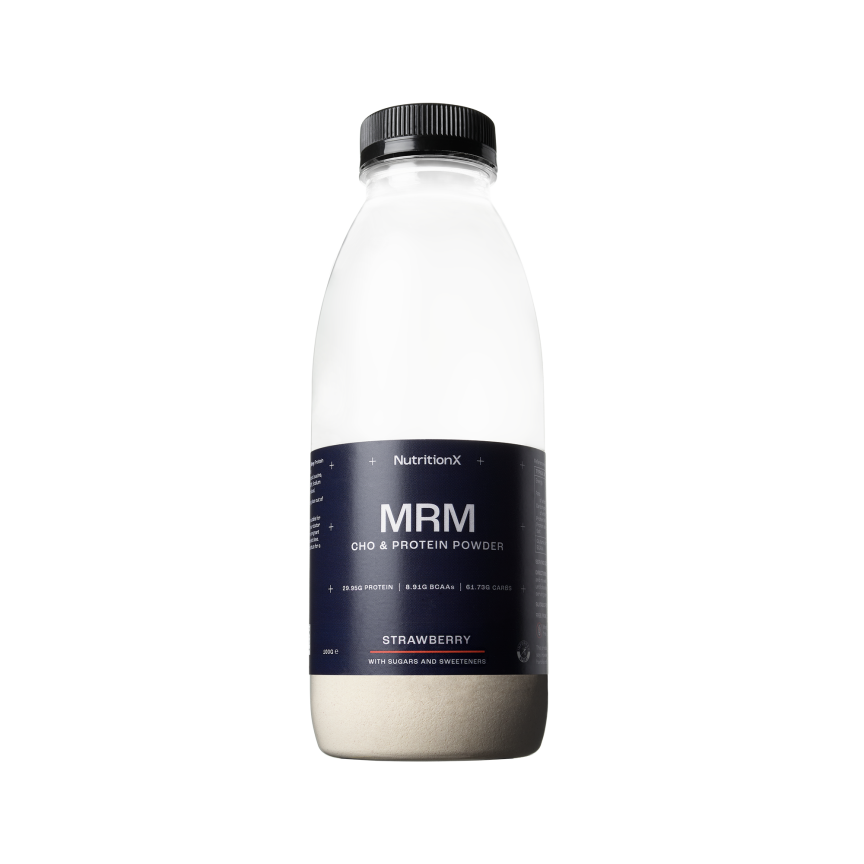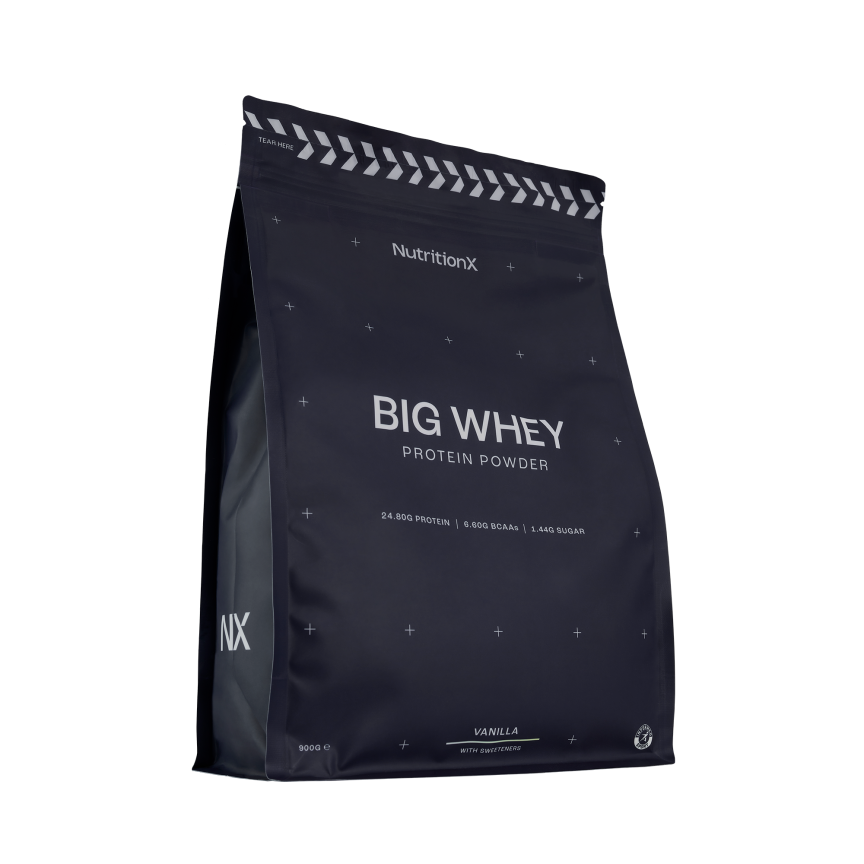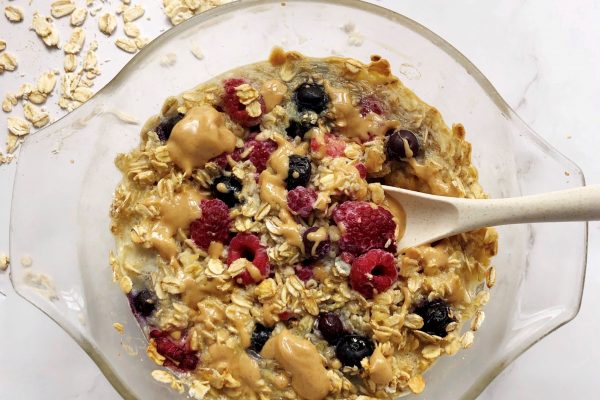Whey protein… we’ve all heard of it, but what exactly is it, and should we be taking whey protein supplements as athletes? Here, we get the full low-down on exactly what whey protein is, what the best kind of whey supplements are, and how and when - if at all - we should be supplementing with it.
What is Whey Protein?
Whey proteins are (generally) high quality proteins which form the major proteins in milk. When talking in sports supplement terms, whey protein is a commonly used supplement used by athletes - and non-athletes - all over the world, generally consumed in the form of a protein shake or protein drink, in order to increase daily protein intake. Protein is vital for muscle recovery, making it an important supplement for athletes of all disciplines to consider.
What is whey protein made from?
When milk is used to make cheese, the milk separates into curds (used for cheese making) and leaves a watery by-product: whey. This can be dried into a powder and packaged as a whey protein supplement.
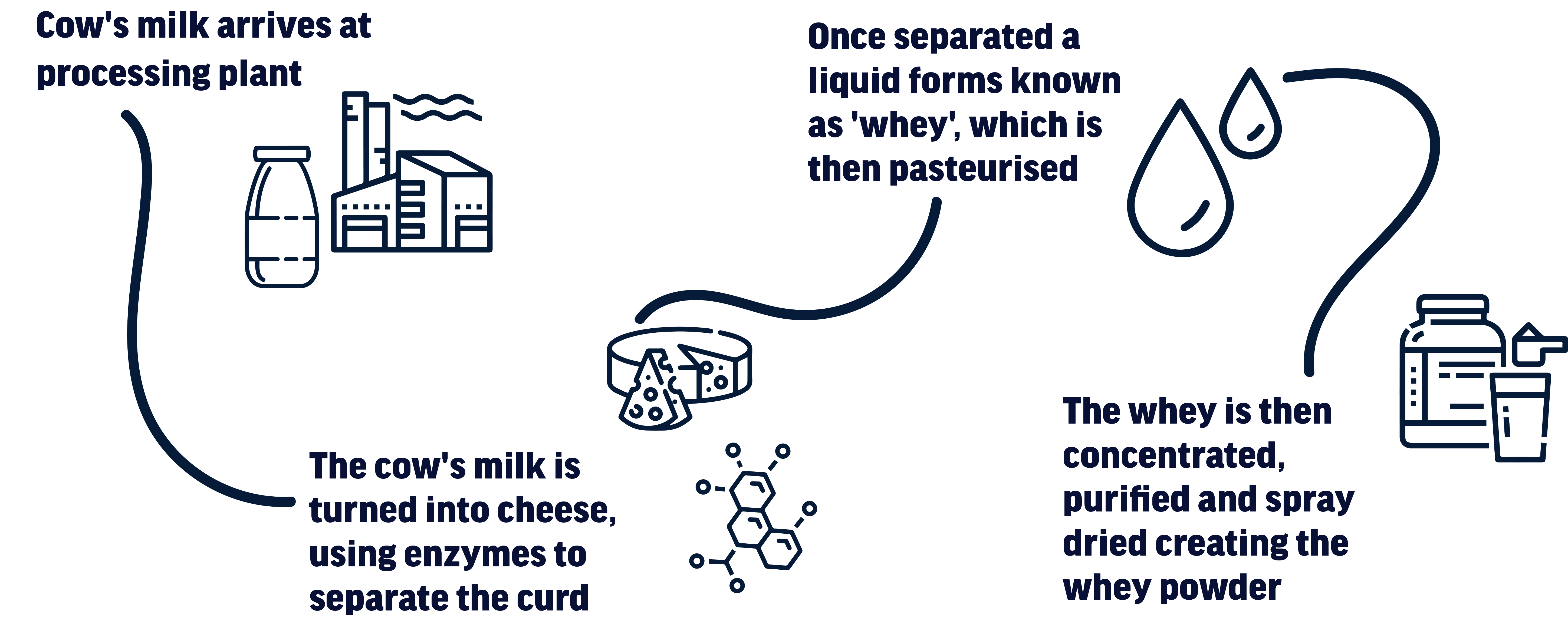
Is whey protein vegan/ dairy free?
As it’s made from cow’s milk, whey protein is not vegan or dairy-free, and therefore not suitable for any athletes following a vegan or dairy-free diet.
What are the different types of protein supplements?
There are many different types of protein supplements, of which whey protein is just one. These include animal-based protein supplements, such as whey protein, casein protein, egg protein and collagen protein, as well as plant-based protein supplements such as pea protein, soy protein, hemp protein and rice protein.
You can find out more about the different types of protein supplements and how they work via our Nutrition Hub, like our article exploring Casein vs Whey Protein, or our in-depth X-Change article on Protein Nutrition for Manipulating Body Composition in Athletes.
Do you need different types of proteins?
Athletes often benefit from consuming different types of proteins to meet varying nutritional or performance needs, with it especially important to focus on good quality protein sources to maximise amino acid intake. Whilst whey protein is popular for its quick absorption and muscle repair benefits post-exercise, casein protein is often consumed thanks to its slow release; providing increased amino acid uptake overnight, for example. Plant-based athletes might opt for a mix of plant proteins, such as pea and rice, to ensure they receive a complete amino acid profile. Additionally, collagen protein can support joint health, which is important for athletes involved in high-impact sports. The choice of protein depends on the timing, specific dietary preferences and individual goals of an athlete such as muscle growth, recovery, or overall health maintenance.
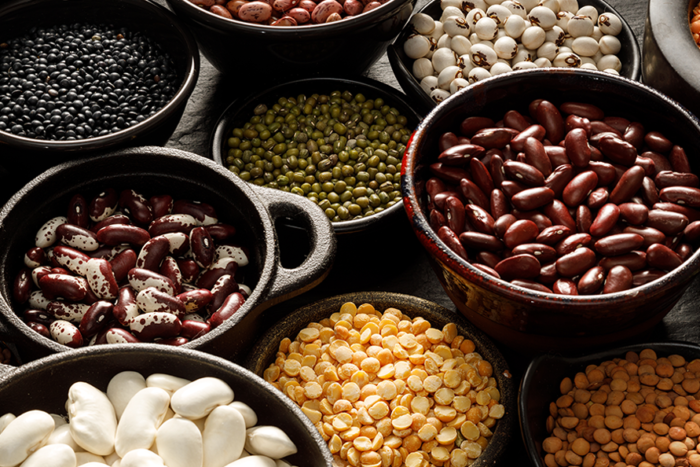
What are the different types of whey protein?
There are different types of whey protein supplements, but two of the most common forms are whey concentrate and whey isolate. The main difference between concentrate and isolate are seen in the processing methods. In the whey concentrate, around 80% of the protein is whey with the remaining 20% being lactose and fat. In comparison, the whey isolate is further processed to reduce the carbohydrate, fat and lactose content, and this can result in the protein containing 90% whey.
Whey protein supplements can also come in different forms, ranging from whey protein powders such as Big Whey - consumed as a shake or drink - and in ‘clear’ form such as our Clear Whey powder, to ‘shot’ drinks such as our Protein Whey Shot. Protein bars are often commonly made from whey protein.
What is clear whey?
Made from hydrolysed whey protein to create a lighter, clearer-looking shake, Clear Whey Protein is a great alternative to traditional whey protein powders. Clear whey is a great option for those who don’t have the appetite for a more filling shake after exercise or training, or simply prefer a juicy taste over a creamy shake, but don’t want to scrimp on protein content.
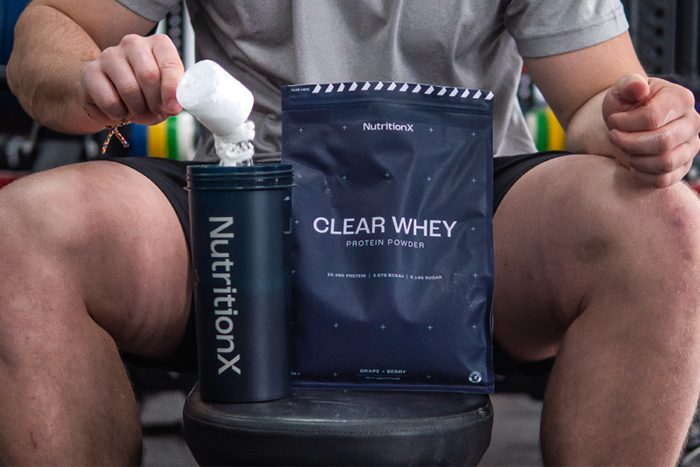
Should I take whey protein?
Whey protein supplements are a great way of helping you consume enough protein to meet your body’s needs, particularly important for training athletes whose muscles are under a lot of strain. Whey protein supplements essentially help to ensure that you are consuming enough protein to adequately support muscle recovery and growth, when it can be difficult to do so through diet alone. All athletes should therefore consider taking a whey protein supplement if they feel that their diet isn’t giving them adequate protein intake, or if they are unable for any reason - through availability of food or otherwise- to consume food-based protein as and when needed.
How do whey protein supplements work?
Whey protein is absorbed quickly, leading to a fast rise in amino acids in the blood, which stimulates Muscle Protein Synthesis (MPS). Essential Amino Acids (EAAs) and Branched Chain Amino Acids (BCAAs), especially leucine, are crucial for this process. Whey protein has higher levels of EAAs and BCAAs compared to casein or soy protein, making it more effective in promoting muscle recovery and growth when combined with proper training.
Are whey protein supplements necessary?
Whilst whey supplements aren’t strictly necessary for athletes, they certainly can be beneficial, particularly if diet alone isn’t providing an adequate protein intake. Whey protein is quickly absorbed, providing essential amino acids that help stimulate muscle protein synthesis and support muscle recovery and growth. For athletes with increased protein needs or those who struggle to get enough protein from their diet alone, whey supplements offer a convenient and efficient way to boost protein intake. However, a balanced diet with varied protein sources can also effectively meet an athlete's nutritional requirements, and we would always recommend a ‘food first; supplement second’ approach.

Can I get all of my protein from whey protein powder?
Whilst you could technically get all of your daily protein intake from whey protein supplements, we wouldn’t recommend doing so. We advocate a ‘food first’ approach for all athletes, of all levels, meaning that you should try and achieve your nutrition goals through food in the first instance. This can be achieved by and large with a well-rounded nutrition strategy, tailored to your body’s needs and performance goals. However, this isn’t always viable, particularly for training athletes whose protein needs are high. In this case, whey protein supplements are both effective and recommended as a fantastic means of ensuring your body is getting the protein it needs for you to perform at your peak.
How long should you take whey protein for?
How long you should supplement with whey protein entirely depends on your physiological needs and goals as an athlete, as well as your diet. Whilst training intensely, it’s a good idea to supplement with protein if your diet isn’t able to hit your daily protein requirements through food alone. This is because your energy expenditure through training may mean your body has increased protein needs in order to repair and recover effectively. The same can be said if you’re trying to increase lean muscle mass, and therefore require a greater protein intake. It’s best to keep an eye on protein intake and regularly assess with a nutritionist or performance professional how your needs should be most effectively met through your nutrition strategy.
What are the side effects of whey protein?
Whey protein supplements are generally considered safe for most people, although like any supplement can result in certain side effects. Some may experience digestive issues such as bloating, cramps or gas with whey protein supplements, particularly if lactose intolerant. Like any supplement, adopting a ‘food first’ approach and aiming to hit your protein targets through whole foods in the first instance is recommended; with supplements acting as just that - a ‘supplement’ to a good diet.
What is the recommended intake of whey protein per day?
Daily protein targets will depend on an athlete's individual goals, but can range between 1.3-1.8g/Kg/day - consumed through 3-4 meals - to maximise muscle protein synthesis. Elevated intakes, as high as >1.8g/Kg per day, may be beneficial in preventing lean mass losses during periods of energy restriction. A whey protein supplement normally gives you 25g of protein per serving, and when combined with a balanced diet can be a great way of helping you achieve daily protein targets.
How to choose the right whey protein supplement?
When choosing a whey protein supplement, it’s important to keep your training goals and lifestyle in mind in order to find the right one for you. Looking at protein per serving of any whey protein supplement is vital to ensure that it’s adequately helping you to achieve your protein targets for the day; many supplements label themselves as ‘protein’, yet contain far fewer g per serving of protein than you’d expect. Next, think about your personal preferences and when you’re likely to want to take your whey protein supplement.
For speedy, on-the-go whey protein - ideal for fuelling up post training or whilst travelling - a ready-made protein shot like the Protein Whey Shot is ideal. Likewise, protein bars such as the Pro X bar are great in this instance, offering 20g of protein in just a few bites; perfect for popping in your training bag.
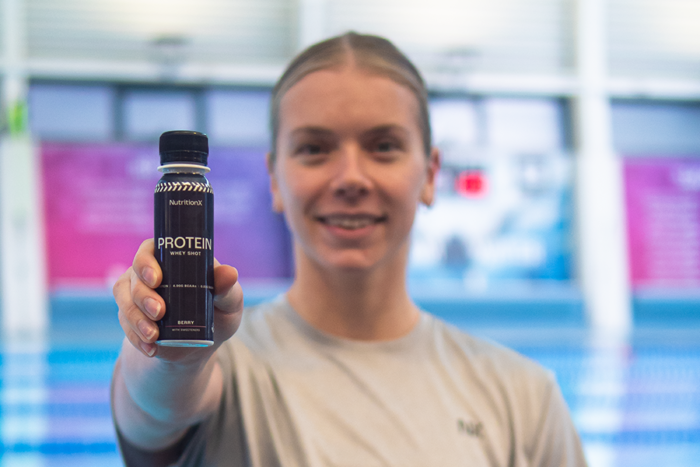
If you’re looking for a more filling option, then traditional whey protein shakes are a great choice. Many, like Big Whey, are formulated with other beneficial ingredients; Big Whey contains BCAA’s to support muscle protein synthesis, as well as glutamine to enhance immune function and improve gut health.
If you don’t like the heaviness of traditional protein shakes, then Clear Whey is a perfect alternative, delivering a good amount of protein-per-serving yet in a lighter, more refreshing drink form.
Benefits of Whey Protein




